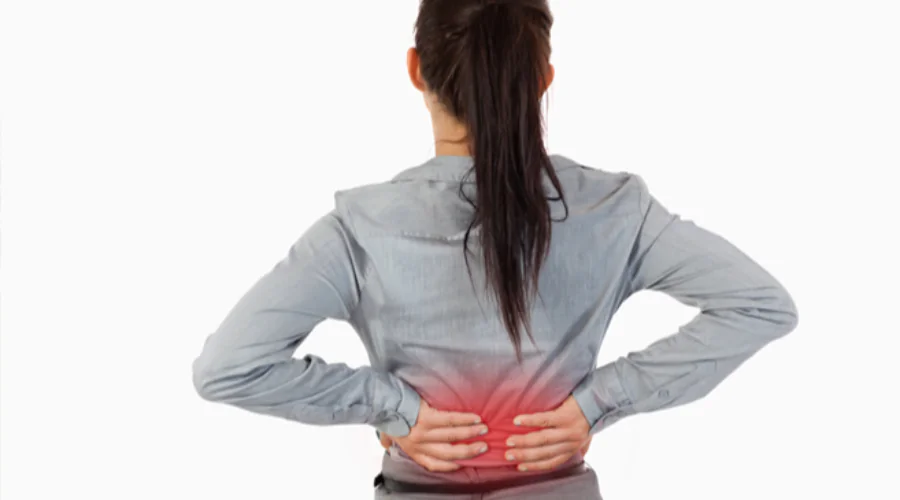
- 26 May
- 2023
Ilustras gambar (Konilife)
Is it true that osteoporosis targets women? This is the Explanation of a Lecturer at FIK UM Surabaya
One of the health problems that is often experienced by someone with old age is osteoporosis. Osteoporosis, which is often known as porous bones, is a condition in which bone mass decreases, bones become more brittle and are at risk of fractures.
Ira Purnamasari Lecturer at the Faculty of Health Sciences (FIK) UM Surabaya explained, several studies have explained that adult women have less bone mass than adult men, especially after menopause, women begin to lose bone mass faster than men.
“Women at the age of 70 experience a loss of up to 50% of bone mass. Meanwhile, men at the age of 90 experience a loss of bone mass of only 25%," said Ira Friday (26/5/23)
Ira said, the main cause is when women go through menopause, there is a decrease in the hormone estrogen, where one of the functions of the hormone estrogen is to help regulate the transport of calcium into the bones, calcium functions to inhibit bone breakdown.
"In men, bone mass is greater and they do not experience sudden hormonal changes, in contrast to women, reduced estrogen during menopause puts women at greater risk of experiencing serious osteoporosis," added Ira again.
In her statement, Ira shared what prevention of osteoporosis could be done, according to her, the aim of preventing osteoporosis is to maintain or increase bone density.
The first thing to do is consume an adequate amount of calcium. Consuming adequate amounts of calcium is very effective, especially before reaching maximum bone density at around 35 years of age.
Calcium can be obtained from foods such as cheese, in fish such as salmon, sardines, tuna, in nuts such as soybeans, peanuts, almonds, sesame seeds, in green vegetables such as spinach, broccoli, pakcoy, mustard greens, and in fruits like papaya, orange, date, avocado, pumpkin, mango.
In addition, consuming milk containing calcium or with calcium supplements (recommended daily dose of 1.5 grams) and additional vitamin D can effectively increase bone density.
"Second, doing sports with a load within the limits of ability, such as walking and climbing stairs will increase bone density," he added.
Third, estrogen hormone replacement therapy is most effective starting within 4-6 years after menopause, to slow loss of bone mass and reduce the risk of fracture.
"It is important for women to care more about themselves, especially in consuming adequate amounts of calcium and vitamin D, in order to prevent osteoporosis," concluded Ira.










(0) Comments